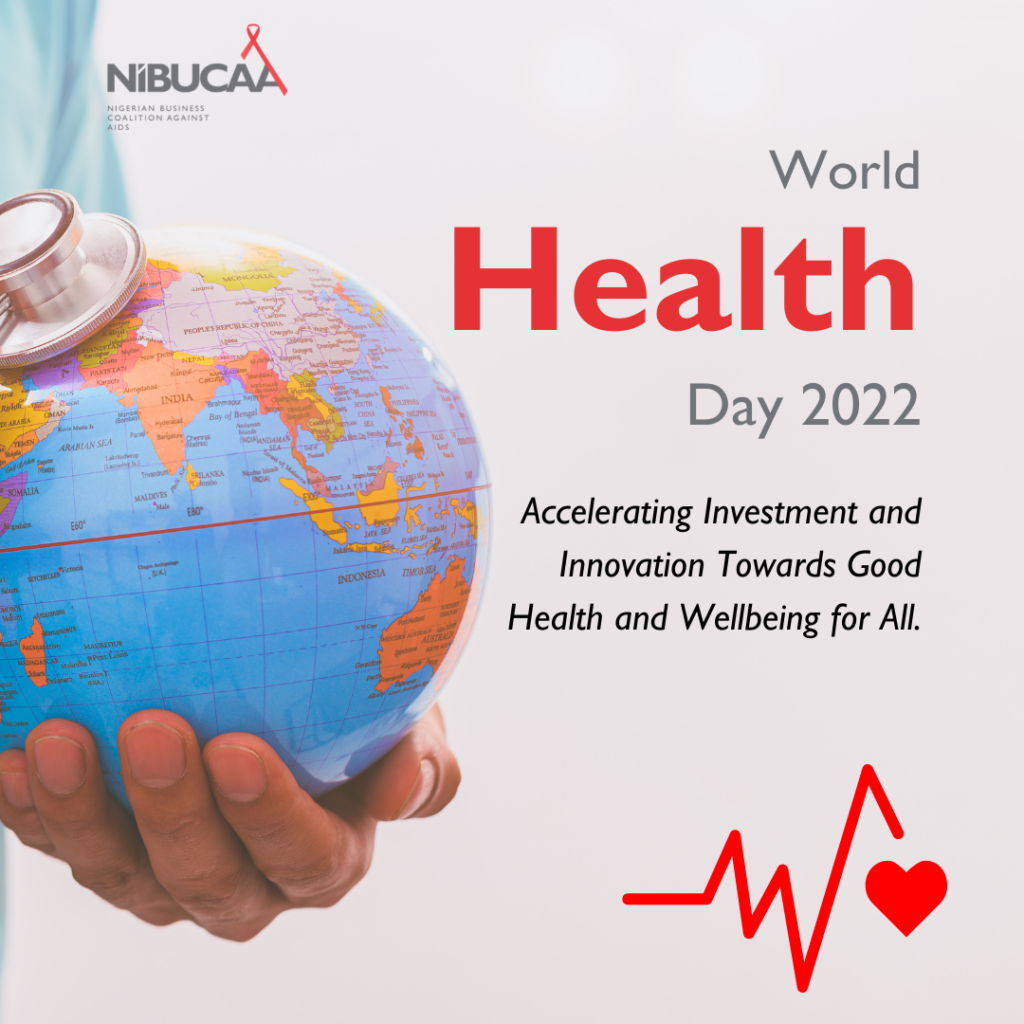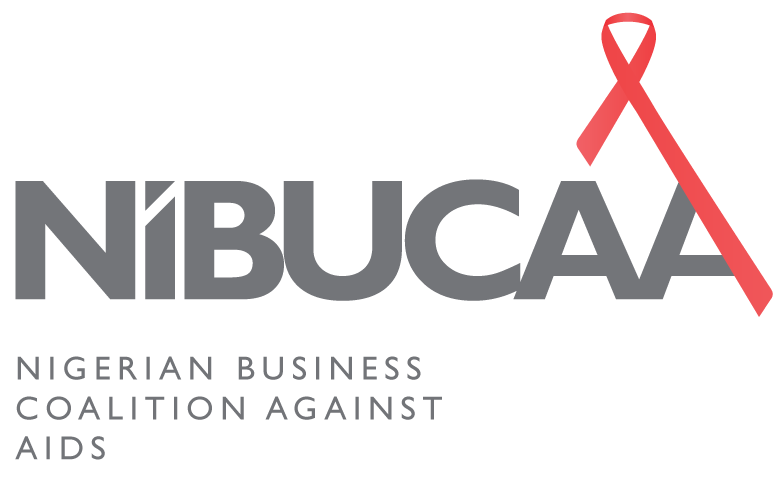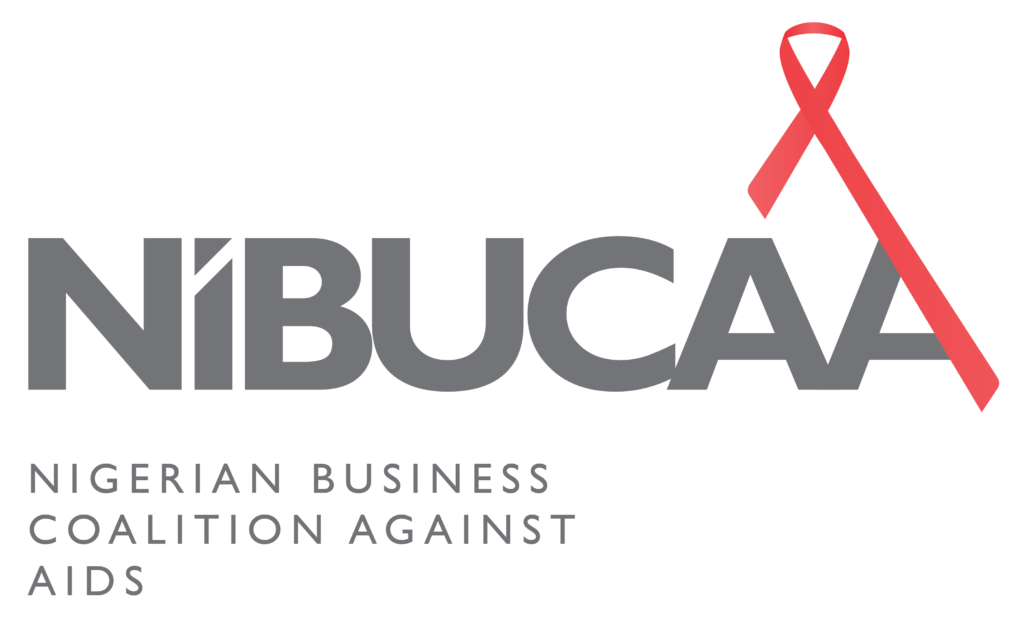WORLD HEALTH DAY 2022
WORLD HEALTH DAY 2022
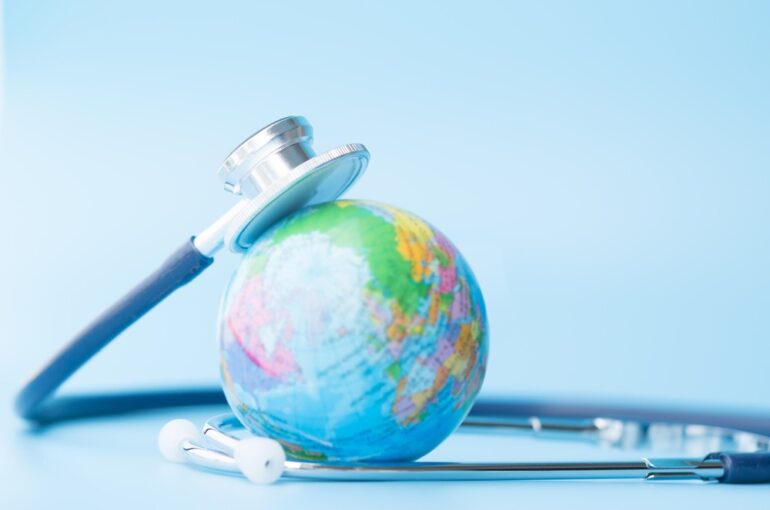
ACCELERATING INNOVATION AND INVESTMENT TOWARDS GOOD HEALTH AND WELLBEING FOR ALL
The World Health Day is one of many health observances of the year that brings to the fore diverse conversations on global health concerns and recommendations aimed at achieving healthy lives and wellbeing for all. As we know, health is a central component in the sustainable development goals and the 2030 agenda; it is closely linked to various economic and social indicators that seek to ensure that men, women, infants, and children have equitable access to universal health coverage.
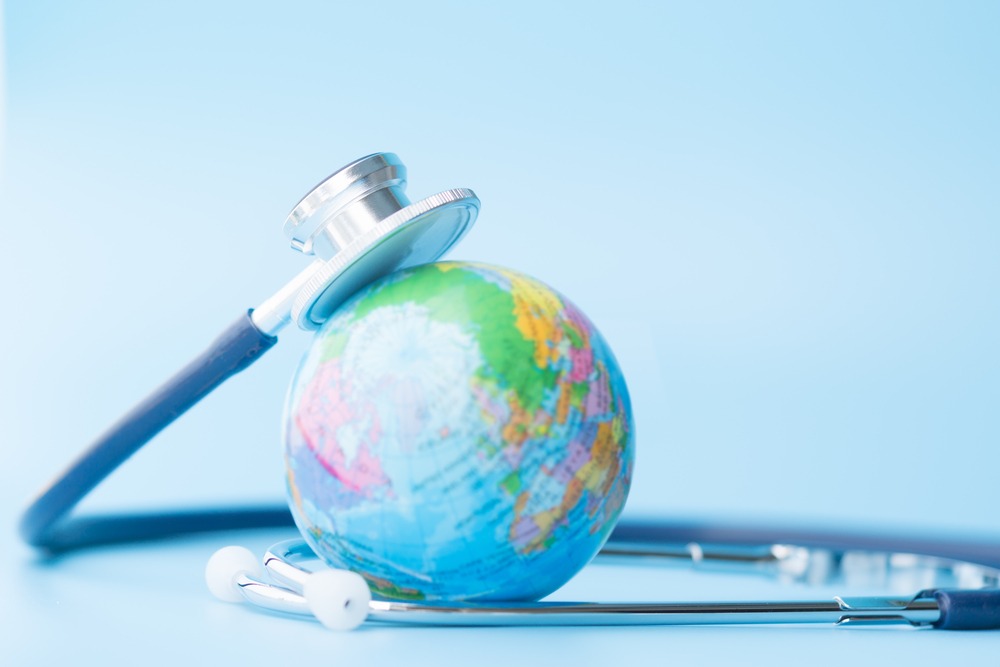
Over the years, we have experienced remarkable progress that has positively disrupted the global health landscape through investment in biomedicine, clinical science, research, and public health; from the eradication of smallpox and measles control, the production of oral contraceptives and condoms to aid family planning and reproductive health, the use of intermittent preventive treatment for pregnant women to reduce malaria burden in pregnancy, and the availability of the covid-19 vaccine to lessen the burden of the disease.
Read more: WORLD HEALTH DAY 2022Specifically, In HIV/AIDS response, there is increased availability of antiretroviral drugs, Pre, and post-exposure prophylaxis (PEP & PREP), and the development of HIV- Self-testing procedures. All these and more have largely contributed to the revolution of global health, though there are still daunting gaps to be addressed.
This world health day echoes a credible call to action to all societal actors to reimagine and renew commitments toward strengthening essential health services and bridging the gaps across health frameworks and infrastructure. The private sector as an integral part of the global health systems can provide financing and expertise, thereby complementing global and national efforts so that priority populations are strategically reached with top-quality health services. There is a need for continued and long-term investment in research and development so that knowledge gaps are filled, and can translate into effective actions that will catalyze product development of new vaccines, drugs, and diagnostics.
It is still a long road ahead, but we must collectively scale up innovations, funds, technical expertise, human resources, supply chain management, knowledge management, data analytics, artificial intelligence, and related resources to bridge the gap and significantly contribute to the global health response, to achieve the 2030 agenda focused on ending the scourge of HIV, other communicable and non-communicable diseases.
